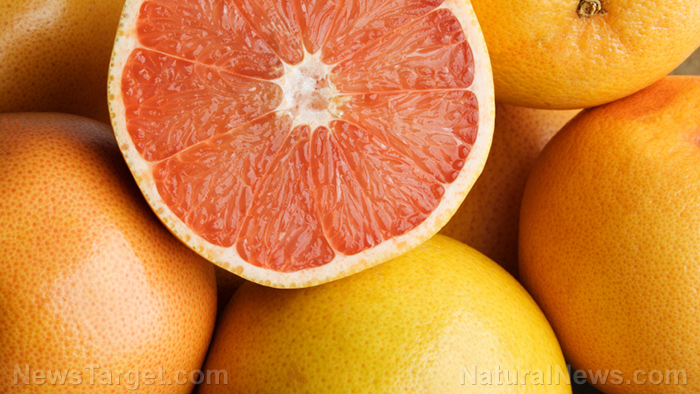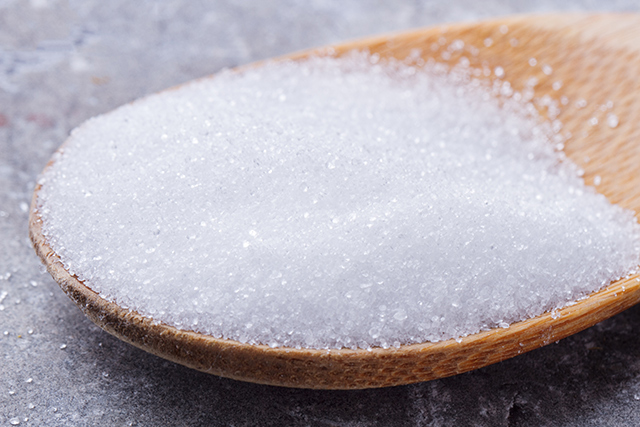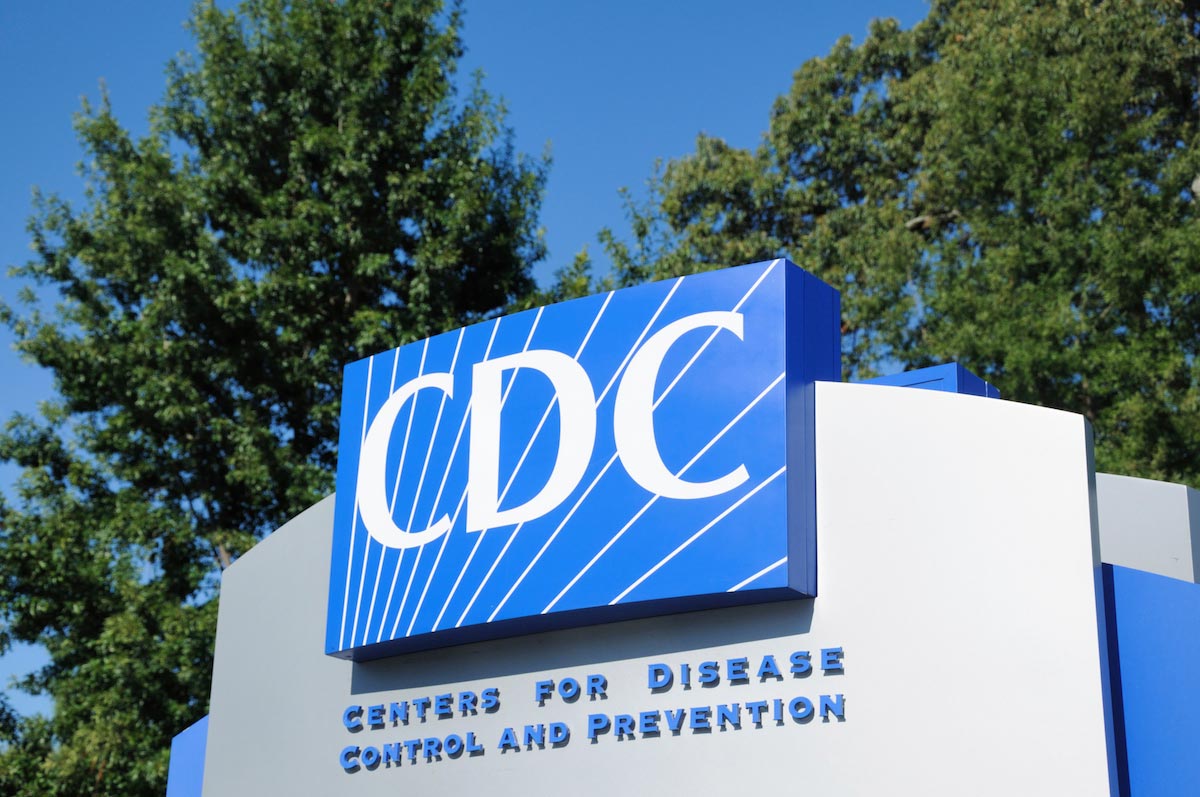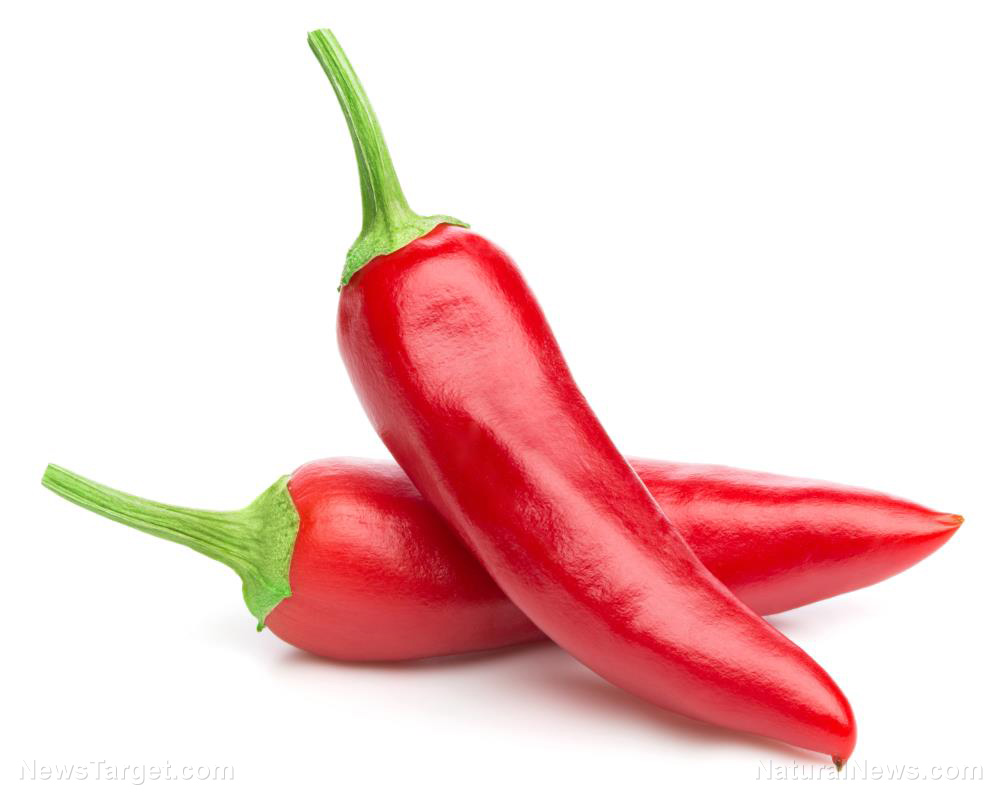Grapefruit found to help reduce high blood pressure
10/30/2023 / By Zoey Sky

Multiple studies have found that grapefruit can help lower high blood pressure.
Grapefruit (Citrus paradisi) was named for the grape-like clusters that form in the tree it grows in. The fruit belongs to the Rutaceae family and comes in white, pink and red varieties.
Each type offers different flavor profiles, ranging from intensely tart to deliciously sweet. Grapefruit is full of vitamins A and C, and it is a great source of dietary fiber. The fruit also has an extremely low glycemic index of 25.
The glycemic index measures how much food raises blood glucose levels, which means grapefruit is ideal for people with diabetes. (Related: Health tips: 7 Ways to control your blood pressure.)
Additionally, grapefruit contains vitamin B6, calcium, folate, magnesium and thiamine. It also contains potassium, a nutrient with an essential role in controlling heart rate and blood pressure, as well as maintaining normal fluid levels inside cells, which is then balanced by sodium, which keeps normal fluid levels outside the cells.
One grapefruit provides at least 10 percent of our daily potassium requirements.
Grapefruit’s effect on high blood pressure
High blood pressure (hypertension) is a serious health condition and a risk factor for heart disease and stroke.
A 2023 report from the American Heart Association has found that almost 50 percent of Americans over 20 have high blood pressure, which represents 122 million people. Experts warn that the likelihood of having high blood pressure increases as you age, reflected in the fact that at least three-quarters of Americans over 65 have the condition.
Data suggests that grapefruit is effective for lowering blood pressure because of its high potassium content, which counteracts the adverse effects of sodium, one of the common causes of high blood pressure.
Several studies support the use of grapefruit for lowering blood pressure.
In a randomized controlled trial published in the journal Metabolism, researchers observed 74 overweight adult volunteers and divided them into two groups. The first was given half a grapefruit before each meal three times a day, while the control group didn’t eat any grapefruit.
The results showed that grapefruit helped lower blood pressure. Those in the grapefruit group also lost weight, decreased their waist circumference and had a decrease in LDL cholesterol (low-density lipoprotein).
In another study published in the British Journal of Clinical Pharmacology, scientists reported that grapefruit juice enhanced the systolic blood pressure-lowering effects of beetroot juice.
Researchers conducting a systematic review and meta-analysis set out to study evidence for or against the effect of grapefruit consumption on body weight, blood pressure and lipid profiles. The analysis indicated a significant decrease in systolic blood pressure for those given grapefruit compared to the control group.
Grapefruit is naturally high in potassium, and studies show that greater potassium consumption can lower blood pressure.
According to a systematic review of 22 randomized controlled trials, increased potassium intake reduced both systolic and diastolic blood pressure in adults with hypertension. Findings also indicated a decreased risk of stroke with increased potassium intake.
Grapefruit consumption and interaction with medications
A 1991 clinical trial published in the journal The Lancet revealed that grapefruit significantly increased the absorption of some medications, suggesting that regular doses could be turned into potentially deadly overdoses. The trial studied the effects of felodipine and nifedipine, two medications used to treat high blood pressure.
Six men with borderline hypertension were given five milligrams (mg) of felodipine with either water, grapefruit, or orange juice. When taken with grapefruit juice, the bioavailability of felodipine averaged 284 percent, but ranged between 164 to 469 percent, compared to when taken with water.
When the same test was repeated with 10 mg of nifedipine, its bioavailability with grapefruit juice was 134 percent, with a range of 108 to 169 percent, compared to that with water.
David Bailey, a Canadian pharmacologist who received his doctorate in pharmacology from the University of Toronto, initially made the discovery.
Bailey made the discovery by accident while researching the effect of alcohol on the blood pressure medication felodipine in the late 1980s. He wanted to disguise the taste of the alcohol and tried doing so using grapefruit juice.
Bailey discovered that the subjects taking the medications with grapefruit juice had higher levels of the drug in their bloodstream. Upon continued study, he found that the grapefruit juice inhibited CYP3A4, an enzyme that helps break down the medication in the gut.
This then makes the body absorb more of the drug. Bailey’s discovery resulted in the Lancet article mentioned above, and the phenomenon was known as “the grapefruit effect.”
Bailey’s subsequent research showed grapefruit’s interactions with approximately 100 oral medications, where its effects either increased levels of the drug in the body to potentially dangerous levels, or the opposite: Reducing their effectiveness.
His pioneering work resulted in many medications having warning labels, alerting patients not to take them with grapefruit juice.
Here are some examples of medications that can interact with grapefruit juice:
- Anti-anxiety medications
- Antihistamines
- Corticosteroids
- Medicines to treat high blood pressure
- Statin drugs used to lower cholesterol
- Medications used to treat arrhythmias (abnormal heart rhythm)
- Organ-transplant rejection drugs
While reactions vary depending on the person, you should always check the labels and inserts of medications you are taking to confirm if grapefruit juice could interact with them.
Grapefruit is also full of dietary fiber, antioxidants and potassium. If you have hypertension, try incorporating grapefruit into a balanced diet to lower your blood pressure naturally.
Watch the video below for more information about the benefits of eating grapefruit.
This video is from the Holistic Herbalist channel on Brighteon.com.
More related stories:
Study reveals link between fructose consumption and high blood pressure.
Polyphenols in wild blueberries can help lower blood pressure and boost brain function.
Japanese black vinegar found to be effective against metabolic syndrome.
Sources include:
Submit a correction >>
Tagged Under:
alternative medicine, food cures, food is medicine, food science, fruits, grapefruit, health science, heart disease, heart health, high blood pressure, hypertension, natural cures, natural health, natural medicine, nutrients, potassium, remedies
This article may contain statements that reflect the opinion of the author
RECENT NEWS & ARTICLES
HeartDisease.News is a fact-based public education website published by Heart Disease News Features, LLC.
All content copyright © 2018 by Heart Disease News Features, LLC.
Contact Us with Tips or Corrections
All trademarks, registered trademarks and servicemarks mentioned on this site are the property of their respective owners.




















